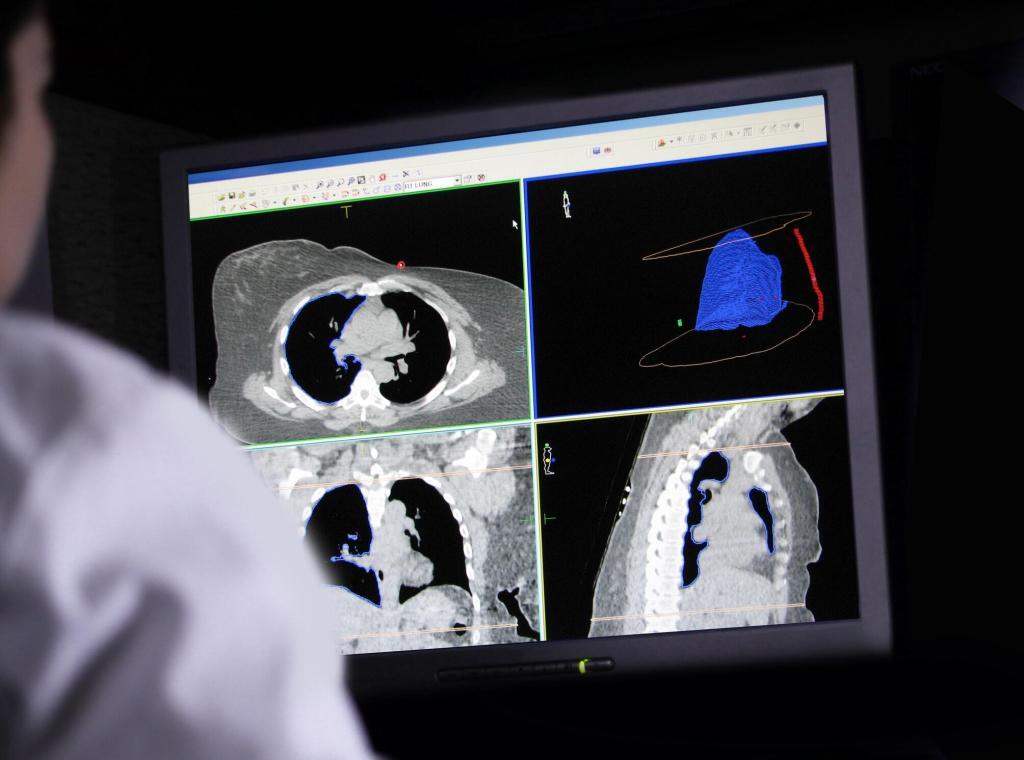Cancer immunotherapy has been considered one of the main treatment modalities in modern oncology, helping the body’s immune system identify and destroy cancer cells. Recent advances in immunotherapy have made it indispensable in cancer treatment options, with great improvements in survival rates and outcomes for patients.
Harnessing the Immune System to Fight Cancer
Immunotherapy functions by strengthening the body’s existing immune response against cancer cells. The treatment enhances some components of the immune system and adds synthetic immune proteins to make the body’s response against cancer more effective. This is unlike conventional treatments such as chemotherapy, which directly attack cancer cells.
Key Types of Immunotherapy
Current immunotherapy treatments include several established approaches. Checkpoint inhibitors are medications that target specific proteins, including PD-1, PD-L1 and CTLA-4. These drugs block the mechanisms through which cancer cells deactivate the immune response. This allows immune cells to recognize the cancerous cells and destroy them. Clinical trials have demonstrated significant success rates in melanoma and lung cancer treatment using these inhibitors.
CAR-T cell therapy involves genetic modification of patient T cells to enhance cancer cell recognition. This level of treatment has seen patients with blood cancer and lung cancer go into complete remission.
Recent Breakthroughs in Cancer Immunotherapy
Advanced biomarker testing and genetic profiling have improved treatment selection and monitoring:
- Patient screening protocols now include comprehensive genetic analysis to determine optimal treatment timing and combinations.
- Treatment effectiveness monitoring uses quantitative biomarker measurements.
- Regular assessment of tumour characteristics helps modify treatment approaches when needed.
Combination Therapies for Enhanced Effectiveness
Combining immunotherapy with standard cancer treatments improves patient outcomes. There is an increased effectiveness when immunotherapy is used alongside chemotherapy, radiation therapy or targeted therapies. This approach has proven particularly beneficial for patients with advanced stage cancers.
Overcoming Resistance to Immunotherapy
There are multiple mechanisms of immunotherapy resistance. Current studies focus on developing new drug combinations and modifying cellular environments to improve treatment response rates. These developments have expanded the number of patients who can benefit from immunotherapy treatments.
Future Directions and Challenges
Ongoing research in cancer immunotherapy includes development of new treatments such as bispecific antibodies and enhanced CAR-T cell therapies. Current challenges include:
- Managing treatment side effects
- Reducing production and treatment costs
- Improving treatment accessibility
- Standardizing patient selection criteria
- Developing reliable response prediction methods
Consideration for Cancer Patients Seeking Immunotherapy
Immunotherapy treatment for cancer requires substantial financial resources. Most cancer patients cannot fund these costs themselves and require financial assistance. If the cancer was caused due to a third party’s negligence the patient may be entitled to compensation, as is the case in some mesothelioma cases. In these instances it is important to approach a mesothelioma lawyers as soon as possible in order to weigh your options.
Advancing Cancer Treatment
Cancer immunotherapy continues to advance through systematic research and clinical trials. While cost and accessibility remain significant issues, ongoing research addresses these challenges through improved treatment protocols and production methods.
The integration of immunotherapy into standard cancer treatment protocols represent a significant advancement in oncology care, supported by clinical evidence and ongoing developments.
Disclaimer
The information provided in this article, Cutting-Edge Advances in Cancer Immunotherapy, is intended for general informational and educational purposes only and is not a substitute for professional medical advice, diagnosis, or treatment. Always seek the guidance of your doctor, oncologist, or other qualified healthcare professional with any questions you may have regarding a medical condition or treatment options.
Open Medscience does not provide medical, legal, or financial advice. While every effort has been made to ensure the accuracy of the content at the time of publication, no guarantee is made as to its completeness, reliability, or applicability to individual circumstances. Any actions taken based on the information provided in this article are done at your own risk.
Mention of specific treatments, clinical studies, therapies, or legal considerations (including mesothelioma-related claims) does not imply endorsement by Open Medscience. Readers are encouraged to consult appropriate professionals before making decisions based on the content of this article.
Open Medscience is not liable for any direct, indirect, incidental, or consequential damages resulting from the use or misuse of information contained herein.
home » blog » medicine »



